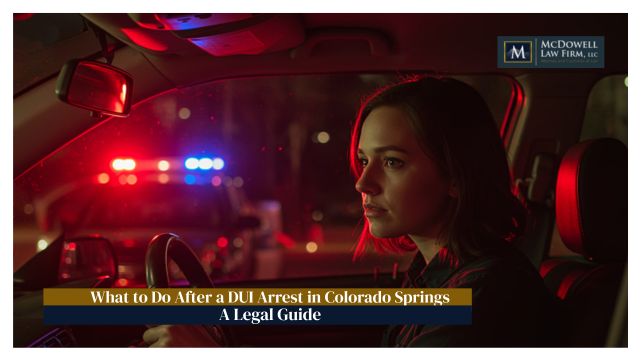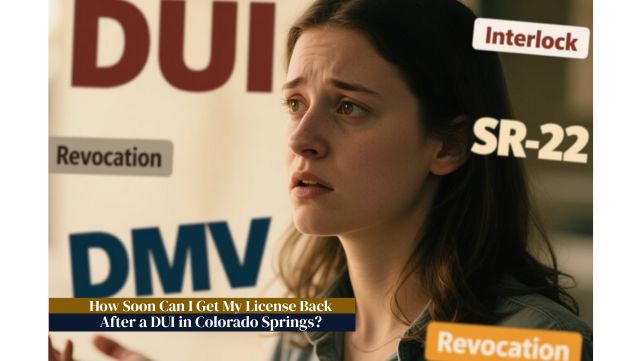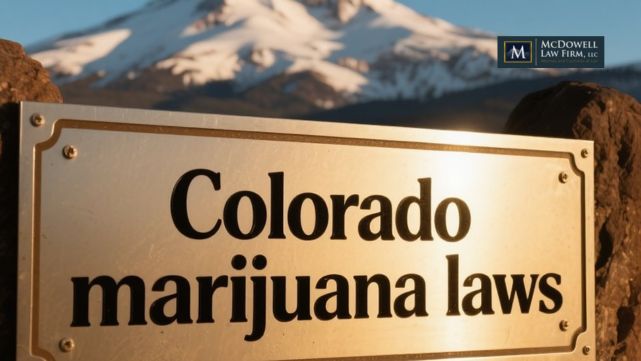Driving under the influence (DUI) is a serious offense, but for commercial drivers, the stakes are even higher. A Commercial Driver’s License (CDL) is more than just a driver’s license—it is a professional credential that allows individuals to operate commercial vehicles like trucks and buses. When a CDL holder is charged with a DUI, the consequences can be severe and career-ending. In this article, we’ll examine how DUI charges impact CDL eligibility, the consequences of a DUI for current CDL holders, and the specific laws in Colorado, including lower blood alcohol concentration (BAC) limits and lifetime bans.
Can You Get a CDL With a DUI on Your Record?
The short answer is yes, you can obtain a CDL with a prior DUI conviction—but it depends on the circumstances. Having a DUI does not automatically disqualify someone from obtaining a CDL. However, there are key factors that can influence eligibility:
- State Regulations: Each state determines how long a DUI conviction stays on a driving record and how it impacts CDL eligibility. In Colorado, a DUI conviction remains on your driving record for life, but the immediate consequences typically impact your driving privileges for a set number of years.
- Time Since the DUI: Most CDL training programs and employers require a clean driving record for a certain number of years (e.g., 3-5 years) before considering applicants. If the DUI is recent, it can be an obstacle to both obtaining a CDL and securing employment as a commercial driver.
- Employer Policies: Many trucking and commercial transportation companies have strict hiring policies regarding DUI convictions. Even if you obtain a CDL, finding a job may be challenging.
In short, while it is legally possible to get a CDL with a DUI on your record, practical barriers—such as employer reluctance and state-imposed restrictions—can make it difficult.
What Happens to a CDL Holder Who Gets a DUI?
For CDL holders, a DUI is devastating. Commercial drivers are held to a higher standard than non-commercial drivers due to the size and weight of the vehicles they operate and the risk they pose on the road. Below is an overview of the consequences for CDL holders charged with or convicted of DUI:
1. Immediate Disqualification of CDL
Under federal and Colorado law, a first-time DUI offense will result in an automatic one-year disqualification of your CDL. This disqualification applies regardless of whether the driver was operating a commercial vehicle or a personal vehicle at the time of the offense.
- First Offense: A one-year disqualification from holding a CDL.
- Second Offense: A lifetime disqualification, which we will discuss later.
It is important to note that a CDL holder cannot obtain a “hardship” or restricted CDL to operate commercial vehicles during the disqualification period, even if the DUI occurred in a non-commercial vehicle.
2. Lower BAC Limits for CDL Holders
One of the most critical differences for CDL holders is the lower BAC threshold. In Colorado, the legal BAC limit for a DUI for non-commercial drivers is 0.08%. A DWAI (driving while ability impaired) is a BAC in excess of a .05%
However, for CDL holders, the limit is still lower:
- BAC of 0.04%: If a CDL holder operates a commercial vehicle with a BAC of 0.04% or higher, they are considered to be driving under the influence and are subject to DUI charges.
- Personal Vehicle: If a CDL holder is charged with a DUI while operating a personal vehicle with a BAC of 0.08% or higher, the consequences are the same as if they had been driving a commercial vehicle.
Because the BAC threshold for CDL holders is cut in half, the risk of being charged with a DUI is far greater. Even small amounts of alcohol can put a commercial driver over the legal limit.
3. Impact on Employment
Many trucking companies and employers will terminate CDL drivers following a DUI conviction. Even after completing the disqualification period and regaining a CDL, finding employment can be extremely difficult. Employers often view a DUI as a liability and may not be willing to hire a driver with a history of impaired driving.
How a CDL Driver Can Get a Lifetime Ban
A lifetime disqualification of a CDL is the most severe penalty a commercial driver can face. Under federal and Colorado state law, a lifetime ban can occur in the following scenarios:
- Second DUI Offense: If a CDL holder is convicted of a second DUI, regardless of whether it occurred in a commercial or personal vehicle, they will receive a lifetime CDL disqualification. This is non-negotiable under federal regulations.
- Felony Involving a Commercial Vehicle: A CDL holder who uses a commercial vehicle to commit a felony, such as drug trafficking, will face a lifetime ban.
- Refusing a BAC Test: Refusing to submit to a BAC test (breathalyzer, blood, or urine) is treated as a DUI conviction and can count toward a lifetime disqualification.
While some states may allow CDL drivers to apply for reinstatement after 10 years under limited circumstances, Colorado follows strict federal regulations. CDL drivers should assume that a second DUI or serious violation will permanently end their commercial driving career.
Can You Fight a CDL DUI Charge?
If you are a CDL holder charged with a DUI, it is essential to seek experienced legal representation immediately. While the consequences are severe, there may be defenses available to challenge the charges or mitigate the penalties, such as:
- Challenging the BAC Test: If the breathalyzer or blood test was improperly administered, it may be possible to have the results excluded as evidence.
- Unlawful Traffic Stop: If the traffic stop leading to the DUI charge was not legally justified, the case may be dismissed.
- Errors in DUI Procedures: Law enforcement must follow specific procedures during DUI arrests. Any deviation may provide grounds to challenge the charges.
An experienced DUI attorney can evaluate the evidence and build a strong defense to protect your CDL and your career.
Final Thoughts: Protecting Your CDL and Your Future
For commercial drivers, a DUI is not just a legal issue—it can be a career-ending event. The lower BAC limits, automatic disqualifications, and risk of lifetime bans mean CDL holders must exercise extreme caution when it comes to alcohol. Even a first offense can result in the loss of your livelihood, and a second offense will permanently disqualify you from driving commercial vehicles.
If you are a CDL holder facing DUI charges, the best course of action is to seek legal counsel immediately. A skilled DUI attorney can help you understand your options, fight the charges, and work to protect your career. Your CDL is more than a license; it’s your future—and it’s worth defending.






